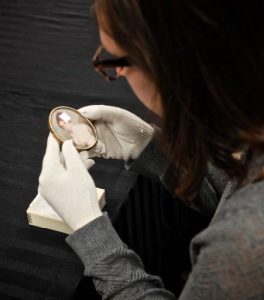Curriculum
The MESDA Summer Institute is a rigorous, hands-on, multi-disciplinary decorative arts and material culture field school for graduate students, museum professionals, and scholars. Using MESDA’s unparalleled collection and research resources, students learn methods of object-based analysis and interpretation and learn how to create compelling object- and place-based narratives across a range of media.
The 2026 MESDA Summer Institute will focus on areas along the Atlantic Seaboard Fall Line, the geographic and cultural inflection point where rivers become unnavigable from the sea. The Fall Line is home to some of the great urban centers of the south, including Fredericksburg, Richmond, Petersburg, and Raleigh. Students will use the objects, buildings, and landscapes of this region as their laboratory.
The course is research driven. It is organized around a capstone project presentation based on an object in the MESDA Collection. During their time at MESDA, students enjoy privileged access to MESDA’s collection and research resources. Students also learn from Old Salem’s master craftspeople through hands-on workshops in foodways, metals, ceramics, and woodworking. During a week-long study trip through a portion of the Fall Line, students participate in collections studies and have the opportunity to do research in regional collections and archives.
At the end of the Summer Institute, students present their research at a public symposium. A footnoted text from their presentation will be added to MESDA’s collection files. Many student projects eventually mature into journal articles, theses, dissertations, books, and exhibitions.
Upon successful completion of the MESDA Summer Institute, three hours of graduate credit are awarded through Wake Forest University’s Graduate School of Arts & Sciences.
Faculty & Guest Scholars
 |
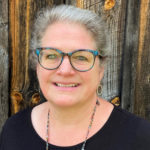 |
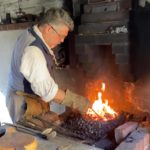 |
 |
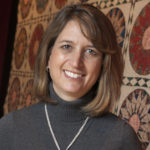 |
|
Lea Lane |
Johanna Brown |
Blake Stevenson |
William Strollo |
Jenny Garwood |
In addition to MESDA’s curators and staff, students also spend significant time with guest scholars, curators, and researchers from other museums and academic institutions. Among those joining us in 2026 are:
 |
Ron Fuchs Editor, Ceramics in America |
 |
Sally Gant Former Director of Education, MESDA, and Independent Scholar |
 |
Dr. Torren Gatson Associate Director of the Center for Historic Preservation and Associate Professor in the Department of History at Middle Tennessee State University |
 |
Dr. Michele Gillespie Presidential Endowed Professor of Southern History, Wake Forest University |
 |
Dr. Jennifer Van Horn Professor of Art History and History and Director of Graduate Studies in Art History, University of Delaware |
 |
Katie McKinney Margaret Beck Pritchard Curator of Maps and Prints, Colonial Williamsburg Foundation |
Program Resources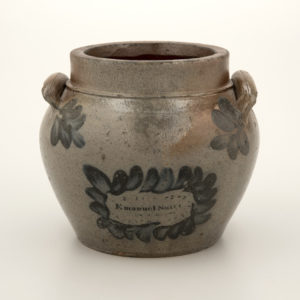
The Museum of Early Southern Decorative Arts (MESDA) at Old Salem Museums & Gardens is home to the country’s finest collection of decorative arts made and used by the diverse people who lived and worked in the early American South. Through its collection, scholarly research, publications, and programs, the museum is a leader in the study of early southern decorative arts and material culture. The MESDA Collection spans five centuries and includes furniture, paintings, ceramics, textiles, metalwork, and other decorative arts from Alabama, Maryland, Virginia, the Carolinas, Georgia, Kentucky, and Tennessee. The Anne P. and Thomas A. Gray Library and MESDA Research Center is home to extensive documentary resources related to objects made in the South and the craftsmen who made them. These resources include biographical files on more than 90,000 craftspeople, an object database containing files on nearly 20,000 southern objects, and a 20,000-volume library and rare book and manuscript collection focused on southern history, material culture, and decorative arts.
In addition to credit hours through the Graduate School of Arts & Sciences, Wake Forest University will provide access to both digital and physical library resources. The University also appoints a Scholar-in-Residence from the Wake Forest faculty who will bring their expertise, experience, and passion as they help guide students through the four-week program.
Accommodations
During the Summer Institute students live on the campus of Salem College, located in the heart of historic Old Salem Museums and Gardens. The dormitory includes a common living room, kitchen, and laundry facilities. The dormitory is a short walk from the center of Institute activity at The Frank L. Horton Museum Center.

